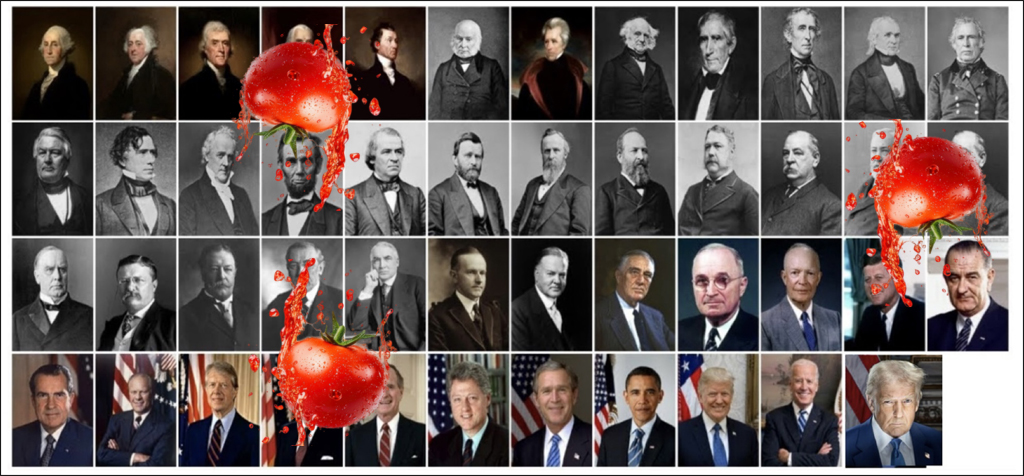Highlights from around the Streetsblog Network today:
How Parking Minimums Can Erode Urban Livability: We know parking minimums eat away at the things that make cities work: density, engaging sidewalks, housing affordability. Today, Network blog Orphan Road offers a specific example of how these outdated regulations that subsidize car travel can come at a high cost.
In Seattle's First Hill neighborhood, a popular grocery recently closed its doors following a sharp increase in rent, and the neighborhood has one less important amenity. Orphan Road wonders whether the closure would have been necessary had the city's minimum parking requirements not forced the property owner to include a garage in the development: "Developers on First Hill are required to provide parking (this requirement was mercifully reduced to 0.5 spaces/unit, but only after the M Street building was completed), which increases the costs of development, and thus the amount of rent that needs to be collected on the building’s tenants," he writes. "Furthermore, requiring parking makes it easier for M Street’s residents to own a car, which makes it more likely that they — and their neighbors — will be able to patronize grocery stores further afield. " Now, without a grocery within walking distance, First Hill residents will be more dependent on their cars, perpetuating the perceived need for parking at public expense.
Lessons of Traffic Snafu Lost on San Diego Politicos: Nothing like a giant power outage to expose the vulnerabilities of a car-based transportation system. That's what happened last week following a heat wave in San Diego. As a result of inoperable traffic signals, cars slowed to a halt. Commutes that are normally measured in minutes, lengthened to hours. But not so for the city's cyclists, writes Sam Ollinger at Network blog Bike San Diego.
Two-wheeled commuters were enjoying a bit of schadenfreude, speeding past the stopped cars. Unfortunately, the teachable moment was lost on the area's political elites. "Here in San Diego, I didn’t hear of a single elected official bring up the possibility of alternative travel modes despite widespread complaints of longer than usual commute times," writes Ollinger. "Meanwhile, the region continues to plan for increased expansion of highways, actively fighting any future possibility of an equitable transportation system with the false belief that this new expansion will not result induced traffic problems."
You Can't Have Green Cities Without Density: Over the weekend, the Wall Street Journal ran an eight-page section on "Green Cities," focusing on metropolitan leaders' innovative efforts to reduce waste and improve urban energy efficiency. David Alpert at Greater Greater Washington says it was great to see the mainstream media take notice of the shift in thinking about environmentalism and cities. Ultimately, however, it's development patterns that encourage sustainable transportation practices that have the biggest potential for impact, not micro wind turbines or green roofs. "Certainly more pollution and waste are created per square mile in cities, but that's because they have more people; each individual person has lower impact in a city than outside," Alpert writes. "A fixed set of people is more sustainable the fewer acres they collectively use."






